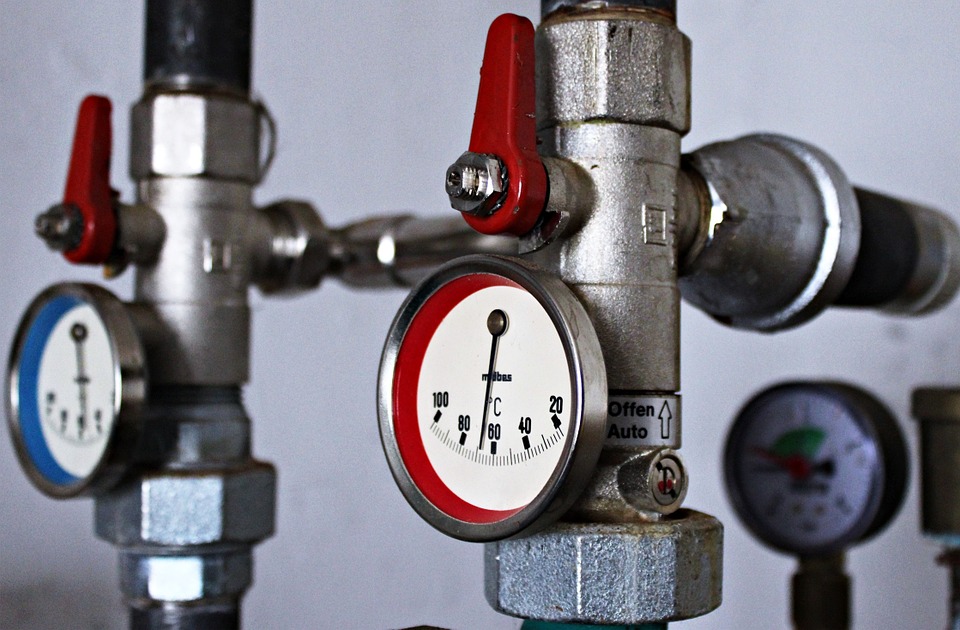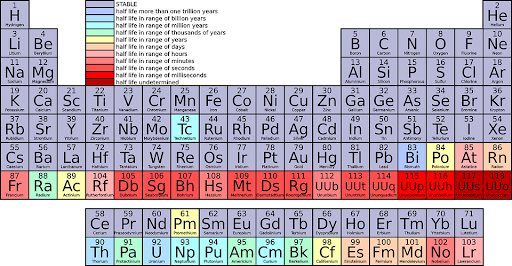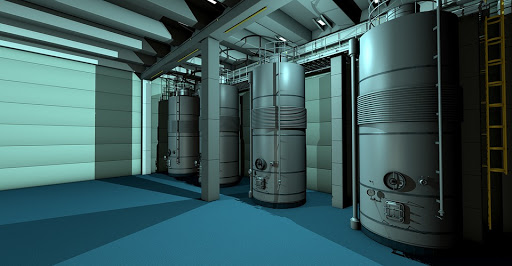Pros and Cons of Hydrogen Heating in a Private House

Hydrogen heating is an alternative type of heating in which hydrogen is used as an energy source. This chemical element is very widespread in the atmosphere and, compared to other fuels, is the most economical from a financial point of view.
Except for the cheapness, such heating for the private house or any other building pleases with ecological compatibility – hydrogen is a part of the environment which in the course of burning does not emit any harmful components.
A few words about hydrogen…

Of all the chemical elements on our planet, hydrogen is the most common – it is everywhere and in excess. It has very interesting properties:
- At -250 °C, being in a liquid state, hydrogen is the lightest liquid;
- At the same – 250 °С, but being in a firm condition, it is the lightest crystal component;
- At the combination of air with hydrogen, in spite of the fact that atoms of the latter have smaller sizes, it turns out rather explosive substance.
Obtaining hydrogen is a very simple process that requires only water and electric current. The current contributes to the splitting of water molecules into oxygen, as well as hydrogen. The latter produced by this method can be used for various purposes, including the heating of homes.
The pros and cons
Using hydrogen heating in your house will give you the following benefits:
- Generators fueled by hydrogen cells can boast an amazingly high coefficient of performance – 90% more than what other traditional generators can offer. None of the traditional heating types can provide such results.
- Hydrogen burner is known for its absolute ecological safety. The device emits only steam which is completely harmless to the environment and the residents of the house. In an era of global warming, this could be the sole reason to go for hydrogen fuels.
- Heating a house with hydrogen fuel cell does not imply any flame. Heat production is achieved by chemical reactions with the use of catalysts – hydrogen combines with oxygen, resulting in the generation of heat energy that enters the heat exchanger. This operation method is best suited for residential buildings.
- In the long run, if the use of hydrogen generators develops, the world economy will grow and recover in an unprecedented way. The reason for this is that the cost of obtaining hydrogen is not as high as to the cost of extracting coal, gas, and oil.
- This type of burner is completely silent which should also be considered a very important factor since most of the generators make a lot of noise and cause inconvenience to their users.
- Installation of hydrogen generators on your own does not require any chimneys, which is very convenient.
- Hydrogen water can be easily obtained as a byproduct with the help of a hydrogen water generator. This device purifies and enriches drinking water with hydrogen at a therapeutic concentration of 1-1.3 ppm. Scientists have discovered that hydrogen has unique properties that make it the most effective antioxidant. Many scientific works confirm the advantages of its application as the most effective and safe antioxidant.
According to an article on thehomedweller.com about generators, hydrogen is a very small and mobile molecule that quickly slips away from regular containers. Therefore, it is recommended to use hydrogen water within the first 20 minutes after receipt or follow certain storage conditions.
While we thoroughly describing the benefits of hydrogen heating, it would be unfair to hide the disadvantages that also exist when talking about hydrogen heating:
- At normal room temperature, hydrogen has a gaseous consistency. In addition, it is considered to be quite explosive, so its transportation is difficult.
- Despite the fact that the use of hydrogen generators is getting more and more common, some purchase and boiler installation issues may arise.
- It takes time to train specialists who will check and certify hydrogen cylinders (this element should be stored in such “container” according to all the rules).
Hydrogen boilers and their operation

Today’s models of hydrogen burners may differ significantly in power criteria which allows you to choose the best equipment for the needs of each individual premise. The capacity is determined by means of special channels. The highest power rating is 6. It should be noted that these channels can run independently which adds a certain boiler room similarity to a hydrogen generator.
In each channel, there is a catalyst which starts the process of heat generation. Then the heat flow (40 degrees) moves to the heat exchanger located in the combustion chamber. This type of heating system includes two structural elements – a boiler and pipes.
No additional devices for the removal of combustion products when using burners are required. Because they simply do not exist. The only thing that is produced during the operation of the device is ordinary water vapor, completely safe and pure, unlike many conventional heaters.
The pipes used must have a diameter of 1-1.25″. Basically, other sizes are possible, but, as a rule, these sizes are used. When laying pipes, an important point is followed: each Y-junction should have a smaller diameter than the previous one.
Hydrogen plants can be used not only as independent and the only heating equipment in the room but also to complement other heating systems. In this situation, the main heating units must operate in low-temperature conditions.
Afterword
In conclusion, if influential people contribute to the development of this technology, in the future, it has a good chance of completely replacing traditional types of heating because it surpasses them in all components.
Let’s recall 3 main points: firstly, hydrogen is an absolutely ecological element, secondly, it is contained in the environment in unlimited quantities, and thirdly, its extraction is very simple and requires minimal financial costs.
By the way, another alternative type of heating is the use of Brown’s gas which is a compound of 2 hydrogen atoms and 1 oxygen atom. Burned, this gas provides several times more heat than hydrogen!
Categorised in: Heaters















